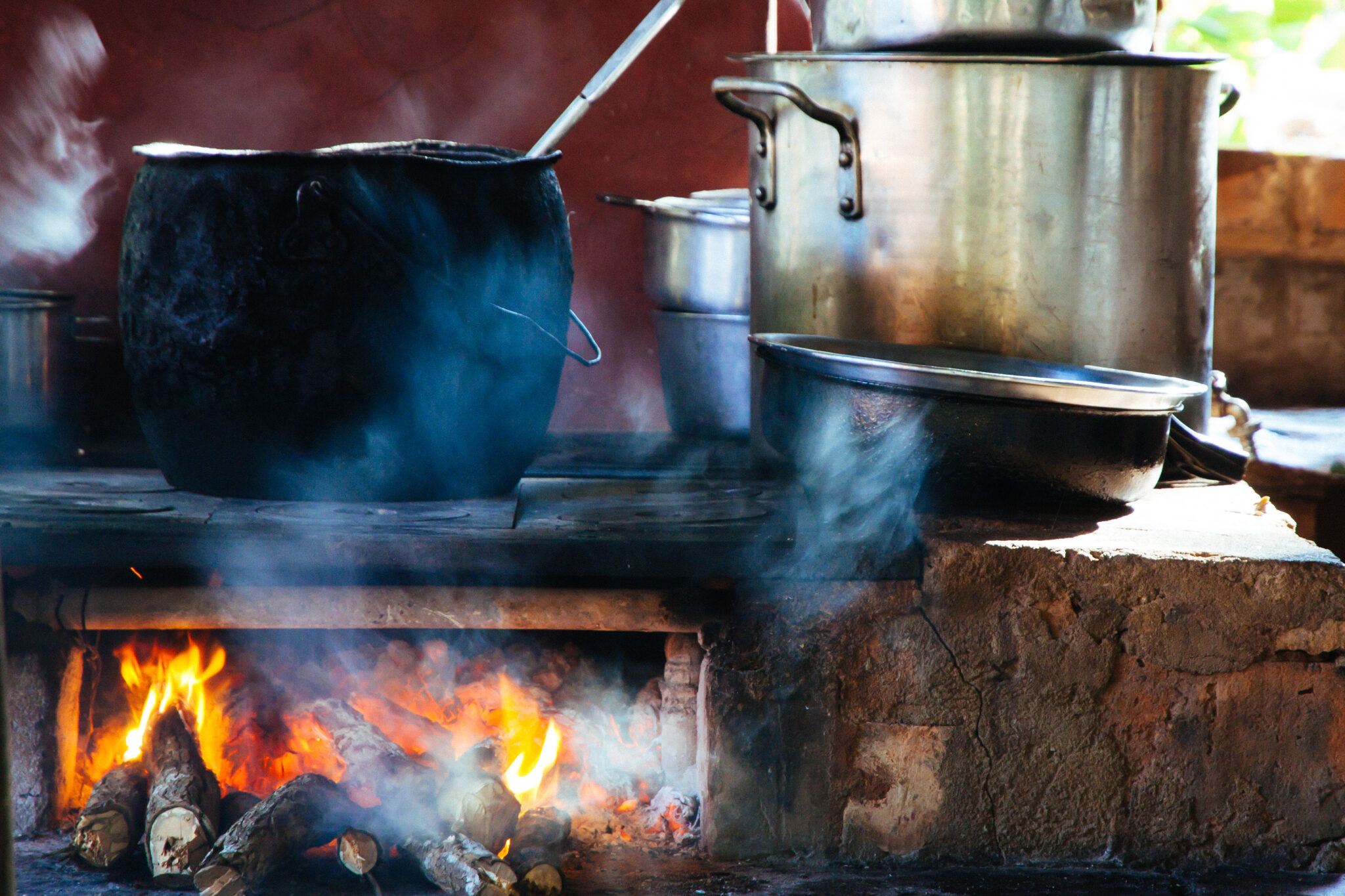Impact of environmental, health, and safety sensitization on Liquefied Petroleum Gas usage in Ghana

Credit: Fewerton via Adobe Stock Images
Context
One of the major threats to achieving Sustainable Development Goal 7 (“ensure access to affordable, reliable, sustainable and modern energy for all by 2030”) is the continued usage of polluting and inefficient cooking systems. In twenty countries across sub-Saharan Africa, over 90 percent of citizens cannot access clean fuels and technologies. Liquefied Petroleum Gas is known to be cleaner and more efficient. In Ghana, despite multiple government-sponsored LPG promotion programs, adoption is declining, particularly in rural areas. The main contributors to the underuse of LPG technology are cost, inaccurate beliefs, and undervaluation of its benefits, plus a lack of knowledge about the environmental and health effects of wood fuel, LPG’s alternative.
Study Design
The researchers are working with the Ministry of Energy in all rural and peri-urban areas of Ghana where free LPG cookstoves will be distributed to two groups from January to March 2024. On random assignment, one group will also be subject to safety information and environmental/safety education associated with the use of LPG cookstoves. This individual-level randomized evaluation will measure the impact of sensitization on the average minutes of LPG cookstove use per week, health effects, and time saved by using this technology via self-reported answers captured in an endline survey. Baseline data collection will begin in December 2023.
Results & Policy Lessons
This research is expected to immediately inform the design of the LPG cookstove distribution program by the Ministry of Energy. Results forthcoming.

